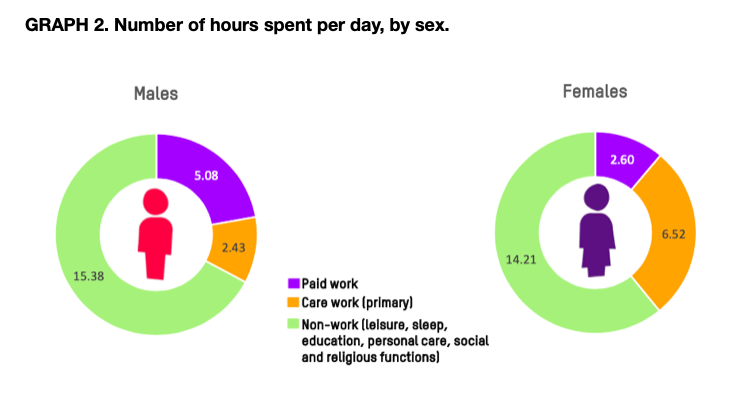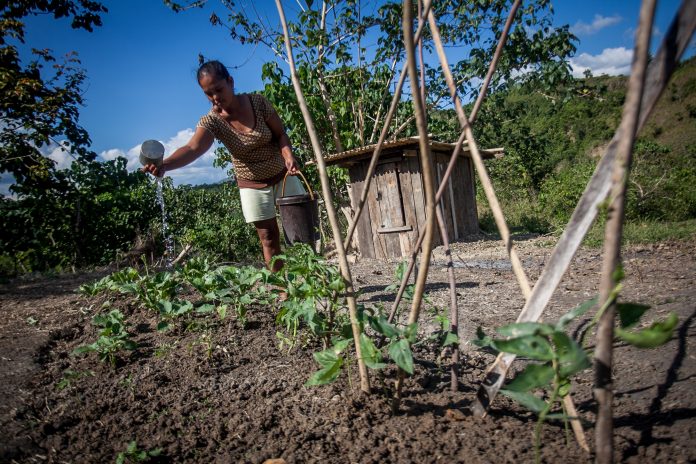Filipino women continue to bear the brunt of unpaid care work at home even as most families spend more time together at home due to the pandemic.
Women spent up to 13 hours a day on unpaid care work compared to only eight hours for men when time spent on supervision of dependents is included.
This was the result of a 2021 National Household Care Survey commissioned by Oxfam Philippines and partner organizations.
The survey, conducted from January to March 2021, involved interviews with 1,177 individuals from randomly sampled households in different cities and provinces across the country.
The hours reported, especially for men, are much higher compared to Oxfam’s 2017 Household Care Survey, which polled 541 individuals.
The 2017 survey showed then that women spent 12 hours a day on care work while men spent only five hours on such tasks.
“While the coverage of the two surveys is not exactly the same, it was expected that time spent on care work would increase for men, especially since many were forced to stay and even work at home,” said Leah Payud, resilience portfolio manager of Oxfam Philippines.
“However, it is disappointing that there is still inequality at home and that the bulk of unpaid care work still falls on women,” she added.
The private sector will also need to contribute improved workplace policies such as increased parental leaves, flexible work and employer-supporter childcare, said the report.
More than half or 7 out of the 13 hours spent by women on care work involves multi-taking or juggling at least two activities at the same time.

On average, Filipino women spend an average of 6.5 hours a day with care work as their primary activity. This involves activities such as fetching water, doing laundry or taking care of sick family members. This is almost 3 hours more than men who spend an average of 2.43 hours a day with care work as their primary activity.
“We’re hoping that more men, especially those from the younger generations, would start to take on care work and challenge social norms,” said Payud.
She said there is also a need for institutional changes such as legislation or policies that support the care economy.
Hopefully, this will improve care-related services such as water systems, health care delivery, and day care services that will result in the redistribution of care tasks and recognition of the importance of care work for both men and women, she said.
The survey was funded by Oxfam Philippines and rolled out in collaboration with the Philippine Commission on Women, WeEEmpowerAsia, University of the Philippines Center for Women’s and Gender Studies, Presidential Commission for the Urban Poor, Planet Cora, PATAMABA, SIMCARRD, COM and the Local Government Unit of Salcedo and Eastern Samar.









